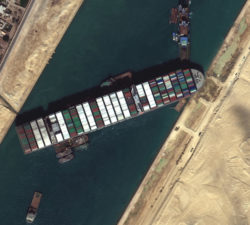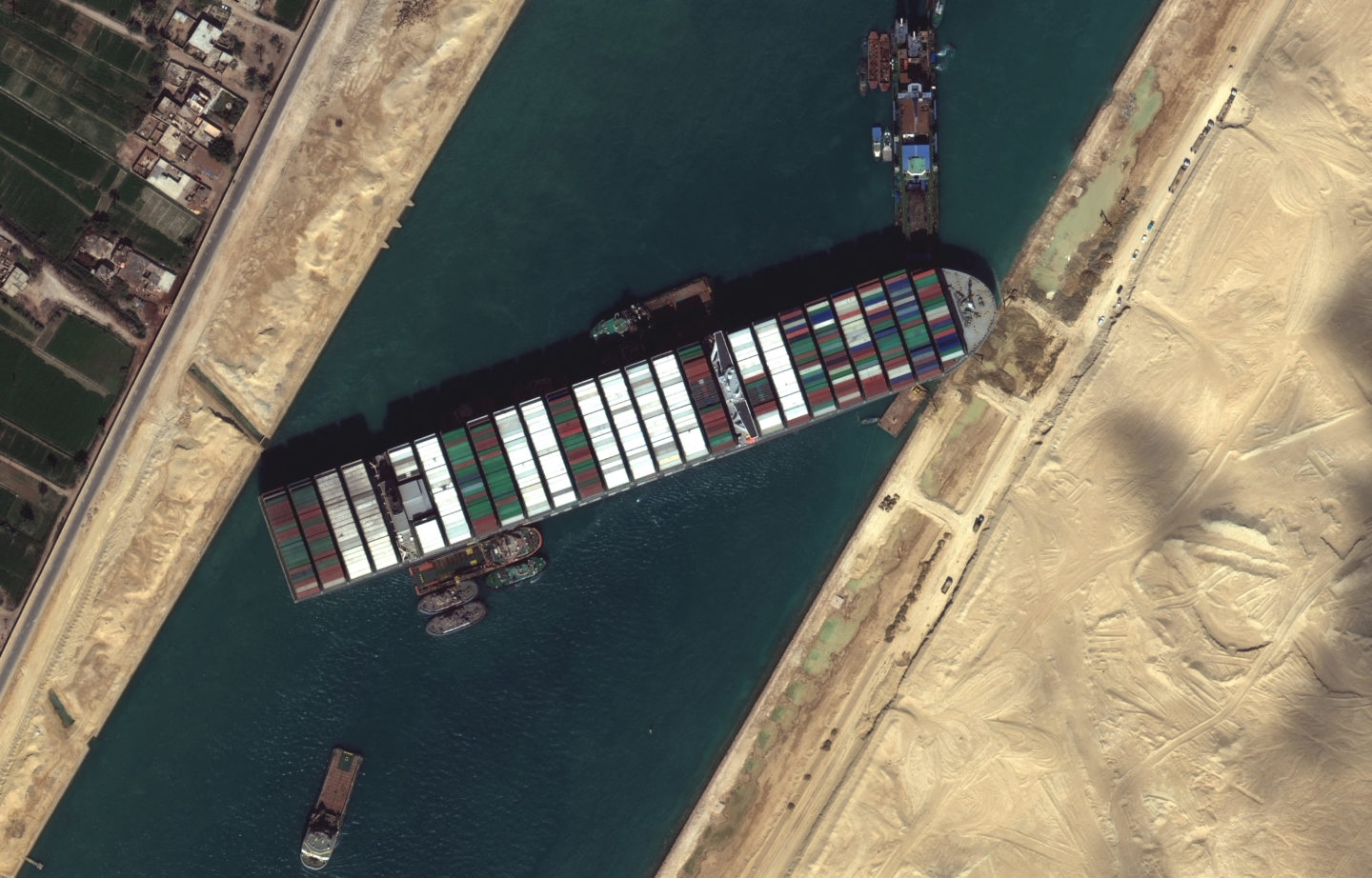Worse, the Suez traffic jam came on top of the unparalleled impact of the global pandemic, with lockdowns causing massive growth in demand for home-working technology, in turn spurring shortages in critical technologies such as microchips.
As if that were not enough, rising pressures in the form of new regulations, civil society expectations, employee demands and consumer pressures are forcing business leaders to pay much greater attention to issues such as climate change, biodiversity loss, labor standards, modern slavery, and, wider still, new expectations around equality, diversity and inclusion.
This complex, interlinked set of market shifts had been building for some time, but like all exponential developments it has been a case of global changes (to quote Silicon Valley guru Tim O’Reilly, quoting Hemingway) moving “gradually, then suddenly”.
Our own Tomorrow’s Capitalism Inquiry, launched in 2018, has underscored a trend that we summarise as the 3Rs. Ever since…



 Audio available
Audio available